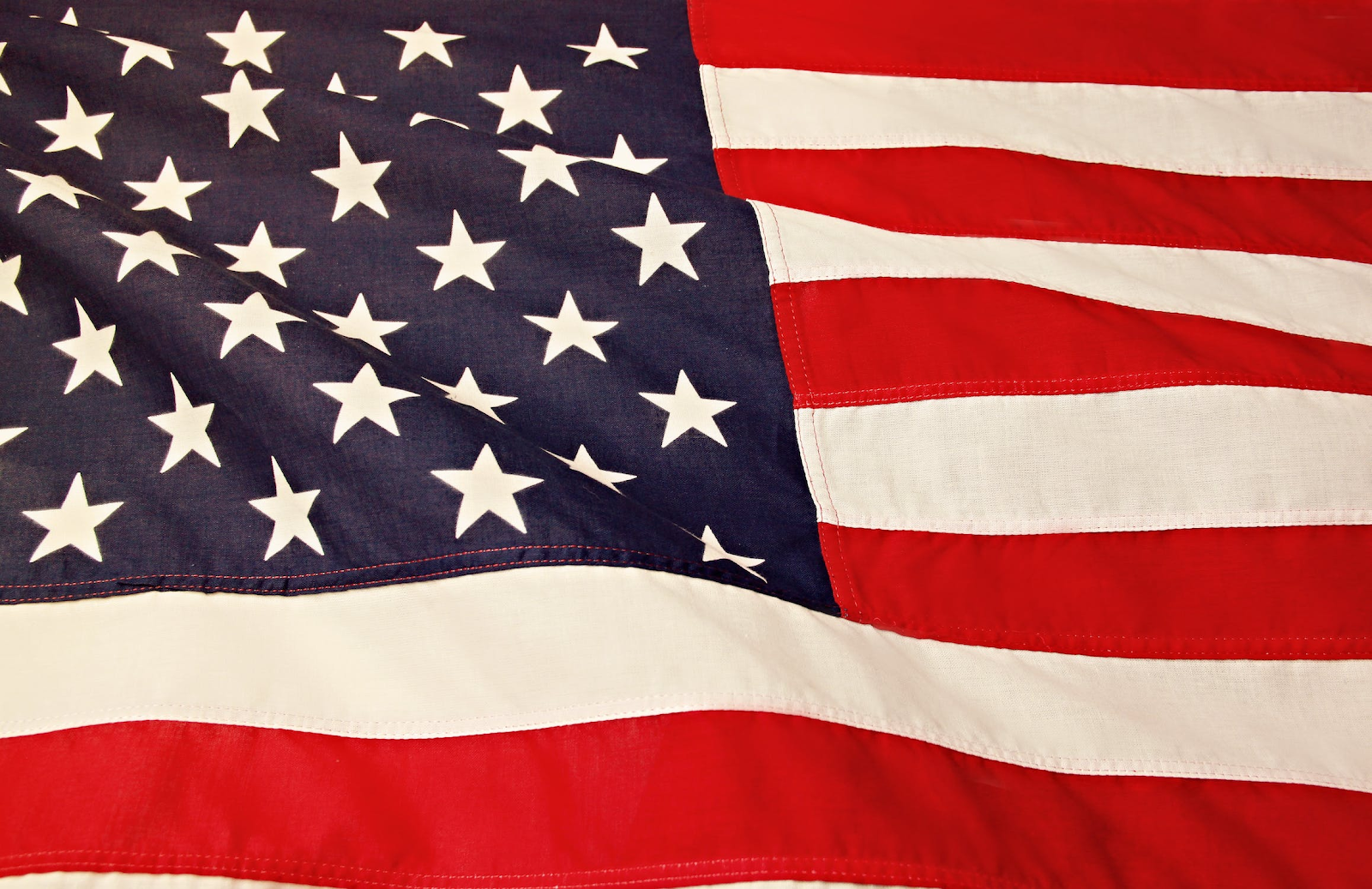Introduction:
The United States presidency is a position of immense responsibility, shaping the nation's trajectory and impacting the lives of its citizens. Throughout history, each president has left a unique legacy, marked by notable achievements and, at times, controversial decisions. In this post, we embark on a journey through time, examining the best and worst works of past U.S. presidents, highlighting their contributions and shortcomings.
George Washington:
Best Work: Successfully leading the young nation through its formative years, establishing a strong presidency, and setting precedents that shaped the role of the executive branch.
Worst Work: The Washington administration's handling of the Whiskey Rebellion, which some viewed as an overreach of federal power.
Abraham Lincoln:
Abraham Lincoln:
Best Work: Guiding the nation through the Civil War and ultimately emancipating millions of enslaved individuals with the Emancipation Proclamation.
Worst Work: The suspension of certain civil liberties during the Civil War, such as habeas corpus, which sparked debates about the balance between national security and individual rights.
Franklin D. Roosevelt:
Best Work: Implementing the New Deal during the Great Depression, providing relief, recovery, and reform measures that helped revive the economy and establish social safety nets.
Worst Work: The internment of Japanese Americans during World War II, a policy widely criticized as a violation of civil rights.
Richard Nixon:
Best Work: Opening diplomatic relations with China, known as the "Nixon's China visit," which led to increased engagement and economic cooperation.
Worst Work: The Watergate scandal, resulting in the only presidential resignation in U.S. history and highlighting issues of political corruption and abuse of power.
Ronald Reagan:
Best Work: Spearheading economic reforms, known as Reaganomics, which emphasized tax cuts, deregulation, and stimulating private sector growth.
Worst Work: The Iran-Contra scandal, involving the illegal sale of arms to Iran and the diversion of funds to support rebel forces in Nicaragua, undermining trust in the administration.
Barack Obama:
Best Work: The passage of the Affordable Care Act, aiming to expand healthcare coverage and reduce costs, addressing a long-standing issue in American society.
Worst Work: Critics argue that Obama's handling of foreign policy challenges, such as the Syrian civil war and the rise of ISIS, lacked a comprehensive and effective strategy.
Conclusion:
Assessing the best and worst works of U.S. presidents is a complex endeavour, influenced by individual perspectives and historical context. Each president has contributed to the nation in different ways, leaving behind a mix of achievements and controversies. Understanding their legacies helps us appreciate the complexities of presidential leadership and the ongoing debates that shape the American political landscape. As the country progresses, it is crucial to reflect on past successes and failures to inform future decision-making and strive for a more inclusive and prosperous nation.





Comments
Post a Comment